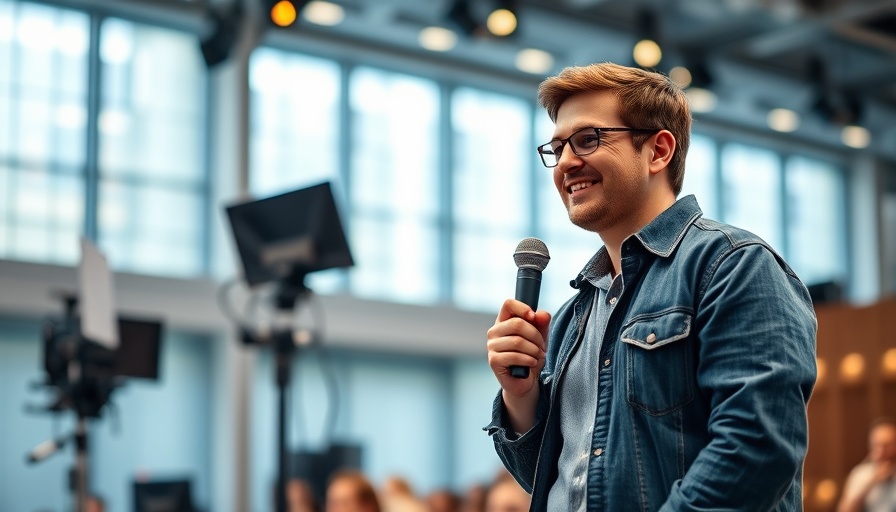
Understanding the Anthropic Settlement: A Turning Point for AI and Copyright
The recent $1.5 billion settlement agreed upon by Anthropic marks a critical juncture in the intersection of artificial intelligence (AI) and copyright law. As AI becomes increasingly woven into the fabric of creative industries, this case sets a precedent for how AI companies will navigate the complexities of copyright—and compensating creators. Anthropic’s willingness to pay authors reflects a growing recognition that the creative community must be acknowledged and fairly compensated for their work, especially as AI technologies like Claude develop more sophisticated capabilities such as generating text, images, and even code.
The Broader Implications for Creators
The settlement signals that AI firms can no longer disregard the concerns of authors, artists, and content creators. As Justin Nelson, the attorney representing the authors, noted, this lawsuit and its resolution underscore the incorrectness of utilizing copyrighted material without proper permission. With other tech giants, including Meta and OpenAI, facing similar lawsuits and scrutiny for alleged copyright infringements, the outcome of this case could create a ripple effect across the industry, pushing AI companies towards more ethical practices when training models that rely on human-created content.
Pillars of Fair Use: What Creators Should Know
Although U.S. District Judge William Alsup ruled that Anthropic's use of text from copyrighted books constituted fair use, there's a caveat. Fair use allows limited use of copyrighted resources, but it doesn't grant a free pass for unauthorized copies. This distinction is critical for creators who need to understand their rights as AI becomes more integrated into various aspects of creative work.
It's a double-edged sword—while AI can democratize access to information and support creative work, it can also infringe on the rights of creators. As AI technologies evolve, understanding the nuances of fair use remains paramount for artists and authors alike.
Future Predictions: A Shift Toward Fair Compensation
The Anthropic settlement may set a new standard for how AI companies compensate creators, influencing negotiations and driving better practices standard in the tech industry. As discussions around copyright and AI filter into public consciousness, we may see lawmakers considering new legislation to protect intellectual property in the age of machine learning and automation.
Moreover, the acknowledgment of creative contributions offers a glimpse into a future where AI is not a substitute for human creativity but an enhancement. As machines learn from datasets of human work, fair compensation could pave the way for collaborative initiatives, further empowering creators in their fields.
What Lies Ahead for AI and the Creative Community?
As this development unfolds, it’s essential for creators to stay informed about their rights and avenues for addressing grievances. One beneficial outcome of this settlement is the potential emergence of clearer copyright guidelines in relation to AI technologies. Creatives can leverage this opportunity to assert their value in an AI-dominated landscape, ensuring their contributions remain recognized and compensated.
Whether we like it or not, AI continues to reshape industries, yet this settlement highlights the necessity for maintaining a balance where human creativity is honored alongside technological advancement.
Call to Action: Be an Informed Creator
As AI technologies transform the creative landscape, artists and authors must stay vigilant and informed regarding their rights and potential compensation for their works. Equip yourself with knowledge, engage in community dialogues, and advocate for fair treatment in the digital age. Explore resources that offer legal guidance on copyrights and AI usage; understanding how to navigate this complex environment can be vital for securing the future of creativity.
 Add Row
Add Row  Add
Add 




Write A Comment